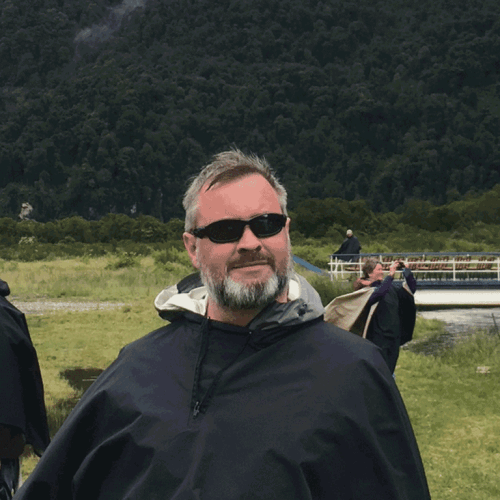Brett Widness is the managing editor of Urban Land. Previously, he worked in online editorial at the Washington Post, AARP, and AOL, now part of Yahoo!


Brett Widness is the managing editor of Urban Land. Previously, he worked in online editorial at the Washington Post, AARP, and AOL, now part of Yahoo!